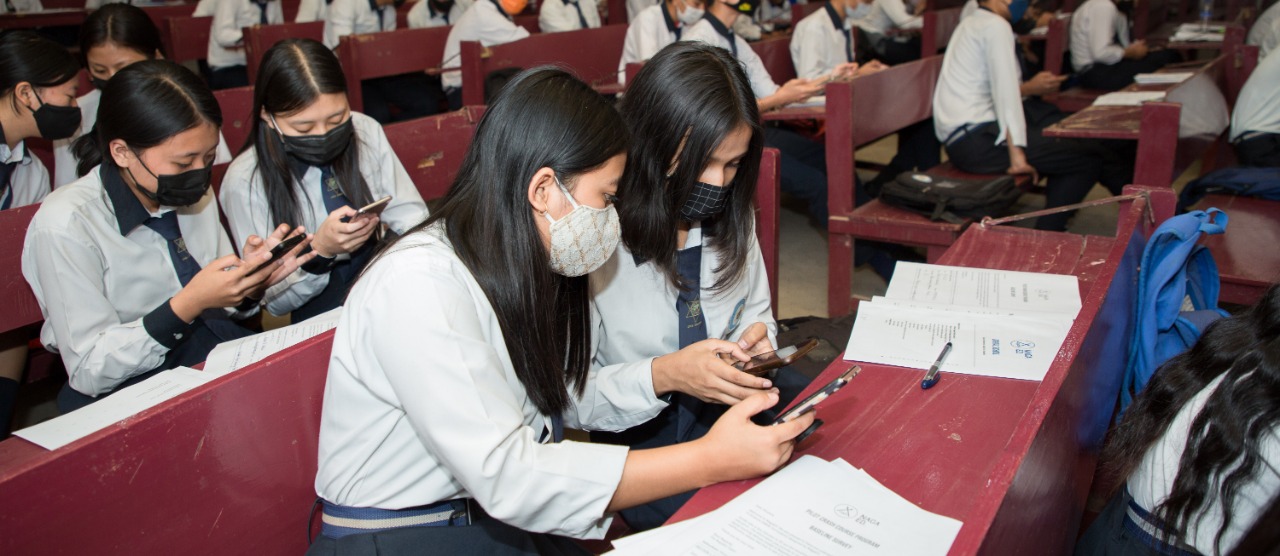

The National Education Policy 2020 (NEP 2020) has put a spotlight on the need to shift from rote learning to skill-based education. This transformation means that students should not only gain knowledge in academic subjects but also acquire the essential skills required for success in the workforce and in life. The focus is on nurturing critical thinking, problem-solving, creativity, communication, and collaboration skills. Here’s how high schools in North-East India are aligning with this vision and focusing on skill-based education.
By focusing on skill-based education, high schools in North-East India can help students develop the skills they need to succeed in the 21st century. This will not only benefit students but also the region and the country as a whole.
NagaEd is a leading digital education company that provides learning and teaching solutions for students, teachers and institutions through modern and digitally enabled educational experience. We create a learning society where all Nagas are provided equal opportunity to access quality education resources.
